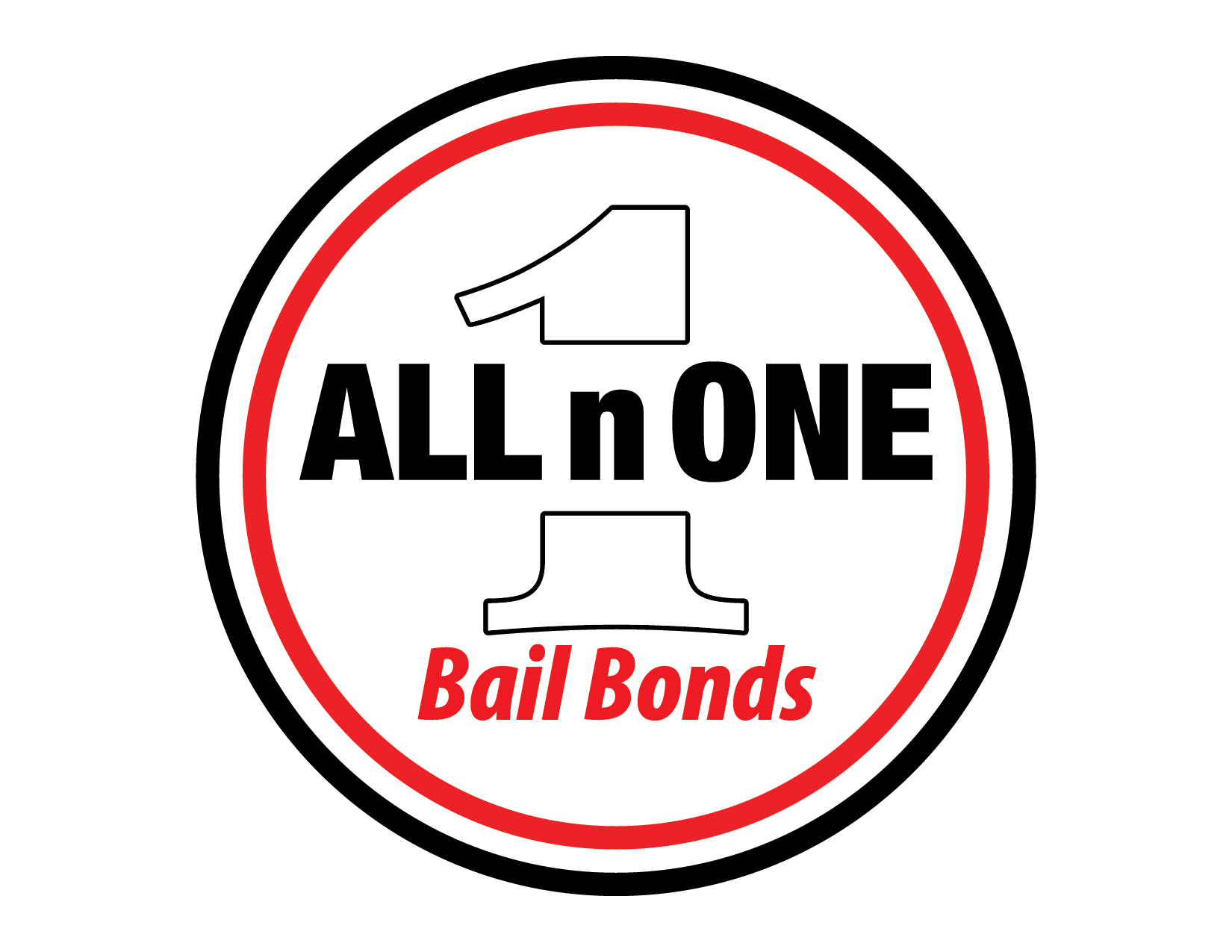If someone you love has recently been arrested in Memphis, you may have many questions about how bail and other legal proceedings are handled in Tennessee. Even if no one you know is currently experiencing a criminal charge, you may benefit from understanding the bail process in case you face a legal problem in the future. After all, getting out on bail is not as simple as it seems in the movies. Consider several key questions that may illuminate the purpose behind bail, how it is paid, and when Memphis bail bonds may be of use to you.
What Happens When Someone Is Arrested?
If a police officer arrests someone for a crime of any kind, no matter how minor, he or she can expect to be detained for some time in a police department or jailhouse. During this period, arrestees undergo a process known as “booking,” in which an officer obtains some of their personal information, takes fingerprints, and possibly carries out drug tests.
How Long Must Arrestees Stay in Police Custody?
The length of an arrestee’s stay in jail may depend on a number of factors, though the seriousness of the crime is of the greatest importance. For misdemeanors, a person may only need to remain in custody for several hours, after which he or she can be released in a few different ways. When people have no previous criminal history, there is a good chance they may be released on their own recognizance until their court date. In other cases, they may be able to leave once they have posted bail.
For felonies and cases that fall under federal jurisdiction, such as illegal activity occurring in more than one state, arrestees must attend a bail hearing. If a judge decides a person is a flight risk or a danger to others, his or her bail may be denied.
How Does Bail Work?
The main purpose of bail is to ensure that arrestees attend their court date and complete the judicial process. Generally, bail is paid soon after an arrest, though it is possible to be released on bail after a sentence is given.
Courts may accept bail payments in several forms. First, an incarcerated person may offer property as collateral, giving the court a security interest in valuable jewelry or even a home. These items may be taken away if he or she does not appear on the court date. In Tennessee, this property must cover 1.5 times the bail amount.
Alternatively, a friend or family member could come to the courthouse to provide a cash bond. This money will be returned in full if the charged person shows up at court, though there may be a relatively small administrative fee. Other bond types include unsecured signature bonds, immigration bonds, federal bonds, and bail bonds.
How Do Bail Bonds Work?
A popular way to pay bail is through Memphis bail bonds, also known as surety bonds. In this case, a third party, known as a bail bondsman, who is licensed by the state of Tennessee, agrees to pay a person’s full bail if he or she fails to appear in court.
To work with a bondsman, it’s critical that arrestees or their family members call the agent as soon as possible and pay him or her a non-refundable fee amounting to 10% of the total bail amount. Collateral, such as a security interest in a house, is also required in most cases. Arrestees’ family or friends may also cosign the bond to increase chances of approval.
A critical aspect of obtaining Memphis bail bonds is their associated legal contracts. These documents often give the bond agent’s employees, known as bounty hunters, the right to forcibly bring arrestees to court if they fail to appear. This way, the bondsman can avoid having to pay the full amount of someone’s bail if he or she flees.
How Are Bail Amounts Determined?
A critical factor in finding the best way to pay bail is the total amount owed. The cost of bail can vary widely based on location and the type of crime of which a person is accused. Tennessee has its own bail schedule that lists the typical amount at which judges set bail for various crimes. Misdemeanors are generally cheaper in regard to posting bail, while felonies are much more expensive.
Judges may also consider a number of other things before setting an arrestee’s bail. Common reasons for raising bail include previous failure to attend court dates, lack of employment or connections in the area, perceived safety risks to others, and the severity of the potential punishment.
What Are the Benefits of Bail Bonds?
While bail bonds certainly come with a degree of risk, they work well in many situations. For one thing, Memphis bail bonds provide arrestees with a means of getting out of jail when their bail is too expensive for them to pay. This way, they can continue working, spending time with family, and carrying out other aspects of their life until their court appearance. All they need is 10% of their total bail amount. Another big perk of surety bonds is that charged persons gain the expertise of a professional bondsman who is skilled at navigating the legal system and all of the paperwork involved.
What Must Arrestees Do Leading Up to Their Court Date?
After securing Memphis bail bonds, arrestees must be sure to comply with the requirements of local law enforcement. First and foremost, it’s critical that people released on bail attend their court date to avoid adding to their sentence, losing valuable collateral, or breaking their bail bond contract. On top of that, there may be a number of mandates they must adhere to while not in custody. These orders may include remaining in the city, going to work, not using drugs, and occasionally meeting with a pretrial services officer or some other law enforcement official.
Navigating the legal system is never easy, but many people find that Memphis bail bonds make the process less stressful. At All-N-One Bail Bonds, we strive to make arrestees’ pretrial release as hassle-free as possible. Contact us today to learn more about our bail bonds services.




![Different Types of Warrants in Tennessee [Quick Guide]](https://allnonebail.com/wp-content/uploads/2024/03/jail-500x383.jpg)

